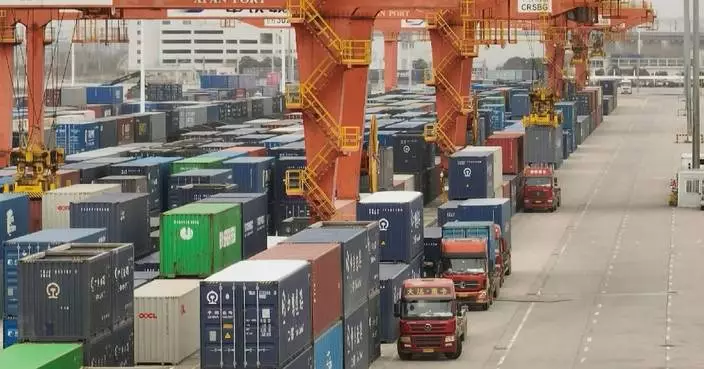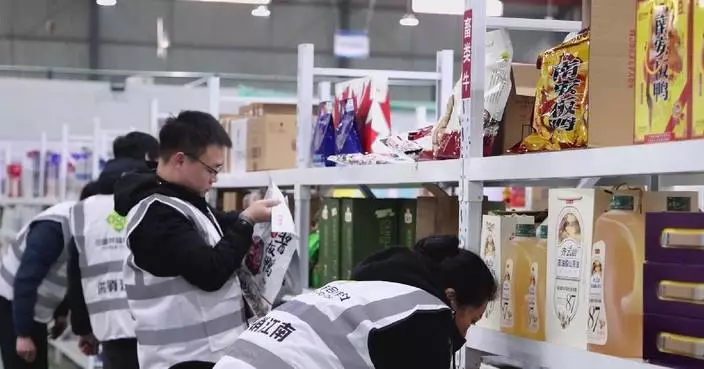Russia said on Monday that its forces had struck Ukrainian ammunition depots, military airport infrastructure, and energy facilities, while Ukraine on the same day claimed to have repelled multiple Russian attacks.
The Russian Defense Ministry said in a briefing that the Russian air defense system intercepted Ukrainian drones, rockets and aerial bombs.
Meanwhile, the General Staff of the Ukrainian Armed Forces reported over 100 battles on the frontlines as of Monday afternoon, with the most intense fighting taking place toward the directions of Kurakhove and Krasny Liman.
The Ukrainian army has repelled multiple Russian attacks, said the Ukrainian side.

Russia strikes Ukrainian facilities, Ukraine repels Russian attacks
Chinese lawmakers on Dec 25 voted to adopt a law on value-added tax (VAT), the largest tax category in China, marking major progress in enforcing the principle of law-based taxation.
The law, passed at a session of the Standing Committee of the National People's Congress, the national legislature, will take effect on Jan 1, 2026.
Currently, 14 out of the 18 tax categories in effect in China have already been legislated, covering the majority of tax revenue.
The VAT law specifies tax rates and taxable amounts, maintaining the three current rates of 13 percent, 9 percent, and 6 percent, with a zero tax rate applied to certain goods and services exports.
"The VAT legislation maintains the current statutory tax rates: 13 percent for goods, 9 percent for sectors like transportation, postal, communication, real estate, and construction, and 6 percent for services," said Shi Zhengwen, director of the Fiscal and Taxation Law Research Center of China University of Political Science and Law.
In terms of tax collection management, the VAT law clarifies that VAT will be collected by tax authorities, while customs will handle VAT for imported goods.
Additionally, for the first time, the law specifically outlines an invoicing management system, emphasizing the promotion of electronic invoices and strengthening data-driven tax administration.
"Electronic VAT invoices aim to provide timely access to tax-related information from business operations. The goal is to establish a tax information-sharing mechanism and coordination system. Under the 'data-driven tax administration' model, VAT collection will ultimately support high-quality development, social fairness, and market unity," said Shi.

VAT law to take effect in 2026, with current rates unchanged










